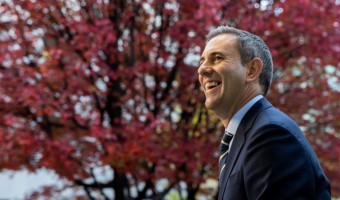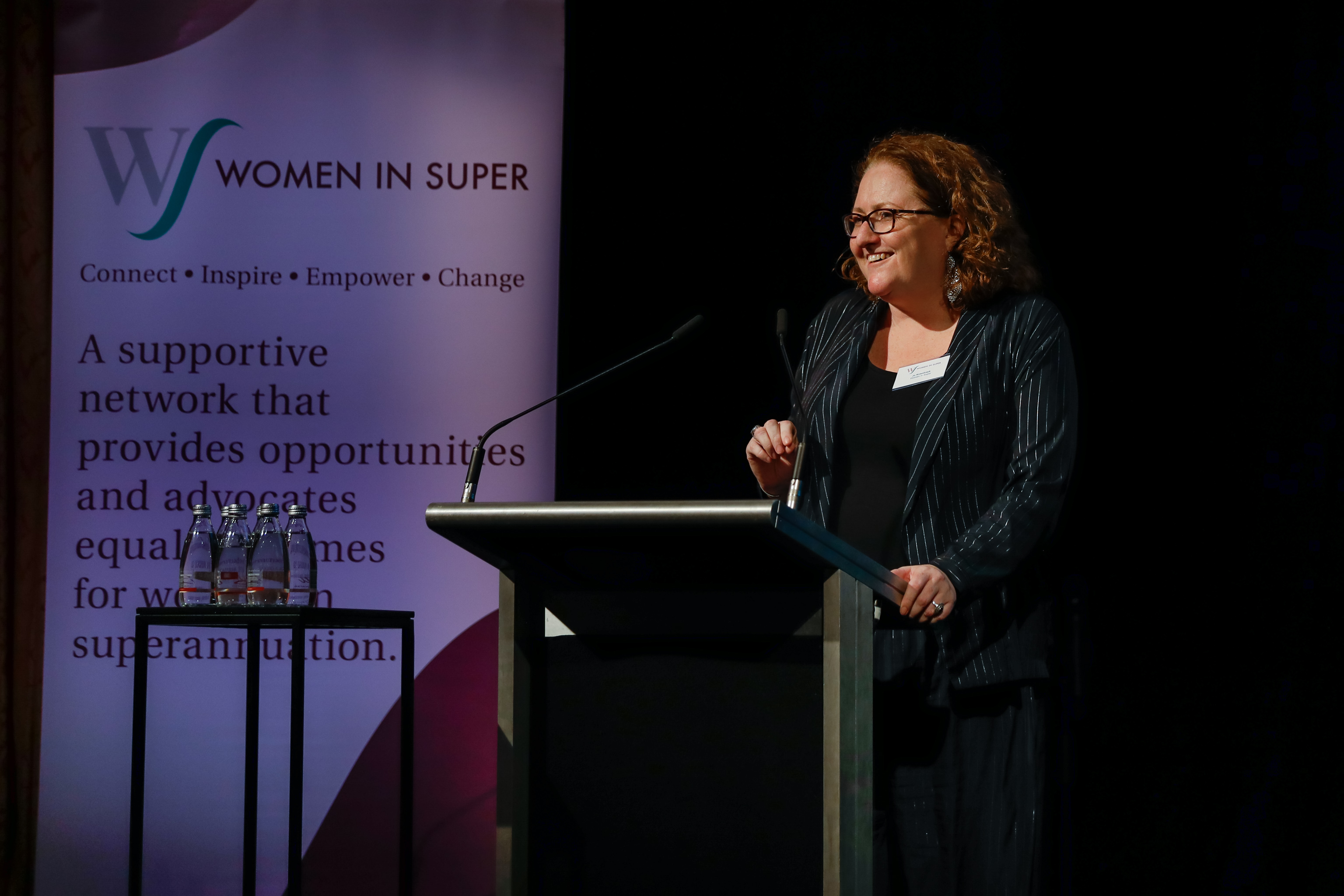
Next week’s federal budget is looming, and although we know that anything can happen, bits and pieces have already been announced – plenty that will impact women. We are of course very happy that those accessing the Commonwealth Parental Leave Pay scheme – approximately 180,000 families a year – will now receive 12% super on their payments, which we expect will have an impact of up to $14,500 at retirement for a mother of two.
We are anticipating significant cost of living measures, including changes to stage-three tax cuts which will grant everyone earning over $18,200 a cut.
We are hopeful that there may be an adjustment to rent assistance, and that we’ll see additional steps for poverty reduction and housing. The majority of government payments are accessed by women, who are also less likely to own their own home and are increasingly likely of becoming homeless. These measures, if appropriately and effectively targeted, will be of significant benefit to women.
HECS and HELP debts will be indexed to a lower figure which will reduce the average balance of $26,500 by $1,200. Women hold 60% of HECS and HELP debts and have larger balances than other cohorts, so this change will have a bigger impact. Like many of our systems, HECS/HELP needs an overhaul with a gender lens applied. It is a system that does not currently work for women (or anyone, really!) for a number of reasons, a problem compounded by women’s lower incomes and broken career progressions. Given their higher rates of education, higher debts and reduced capacity for repayment, women will still not come out on top, despite this adjustment.
Childcare workers will receive a pay rise, which will be an important step to increasing women’s wages (92% of childcare workers are women). However, the undervaluing of care work – both paid and unpaid – is a pervasive and persistent problem. Increasing the wages of these workers (and consequently their super contributions) is a vital step to acknowledging this work both financially and societally. The low pay in feminised industries like childcare is a major contributor to the gender pay gap and, along with valuing care work, prioritising flexibility and promoting women, is a vital step to reducing the gap.
The government has already committed $925m for those leaving violence, but the $5000 support falls woefully short of the necessary $18,000 to actually leave a violent relationship. Data from 2016 showed that gender-based violence costs the taxpayer upwards of $22b a year, and advocates are calling for an overhaul of education and mental health funding to work on prevention rather than just treating the symptom.
Overall, it seems like so-called “women’s issues” are being prioritised by some members of the government, but given the size of the problem of gender inequality in Australia, this budget will still fall short.
Tune in to our post-budget webinar next week, to find out more!



